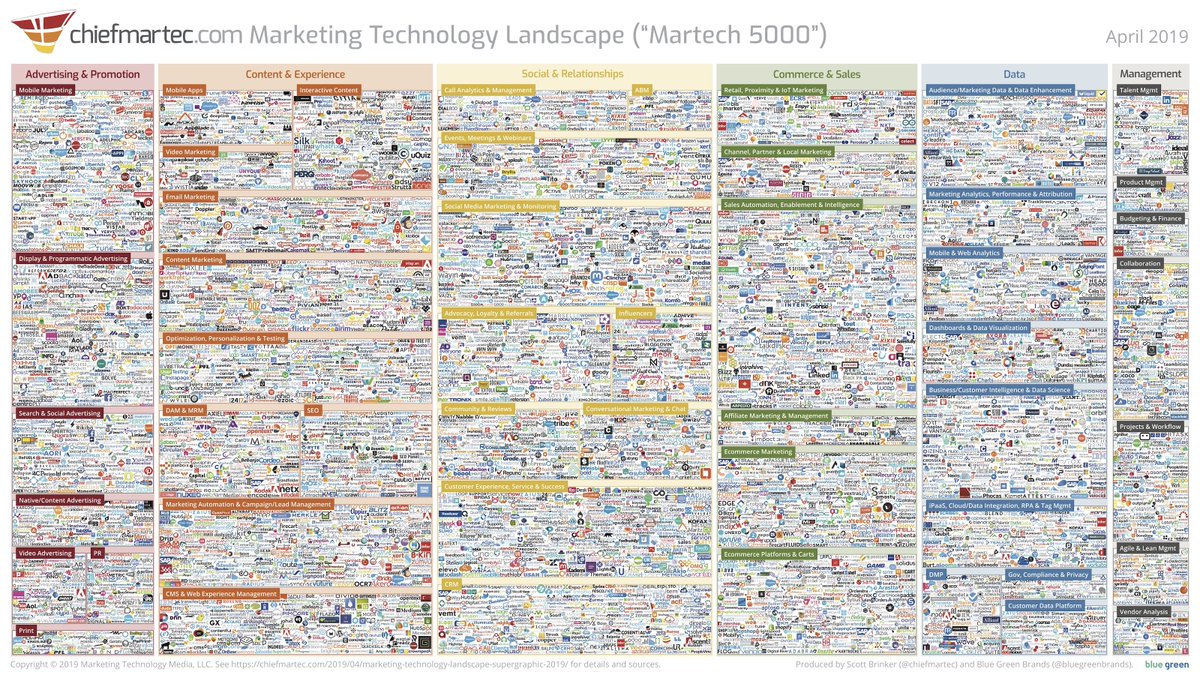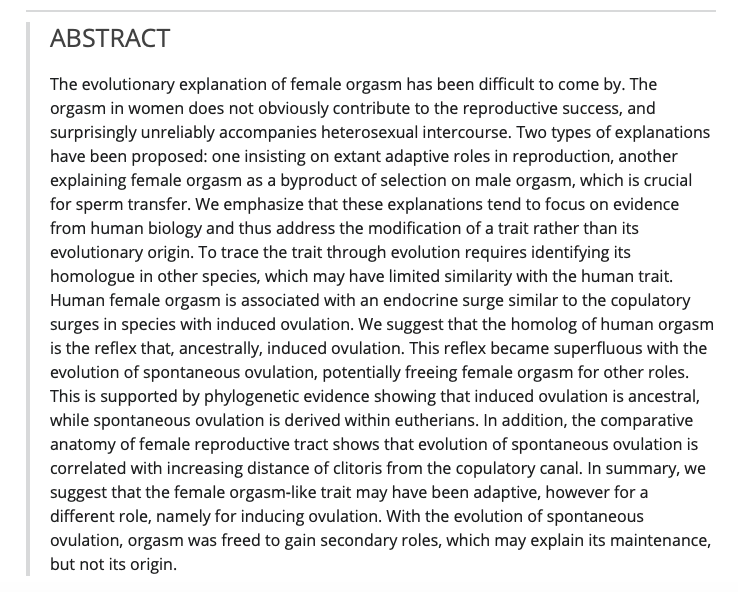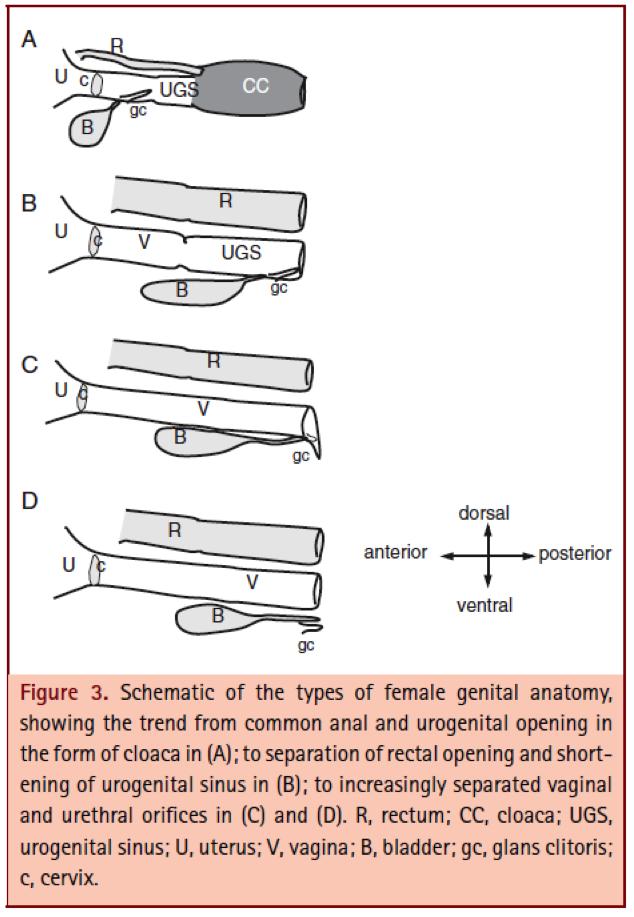But the flip side of that is ideologically focused news orgs which basically can't scale with programmatic at all.
New users come in who have no targeting data, or significantly less
And uhhh... Hate readers.
There's this idea that news orgs just say shitty things to harvest the hate clicks. And well... maybe dumb ones
If you read whole articles that would theoretically have more ad views, so this, in theory, makes sense.
And I mean... IMMENSE.
Spoiler alert: It did not work that way.







